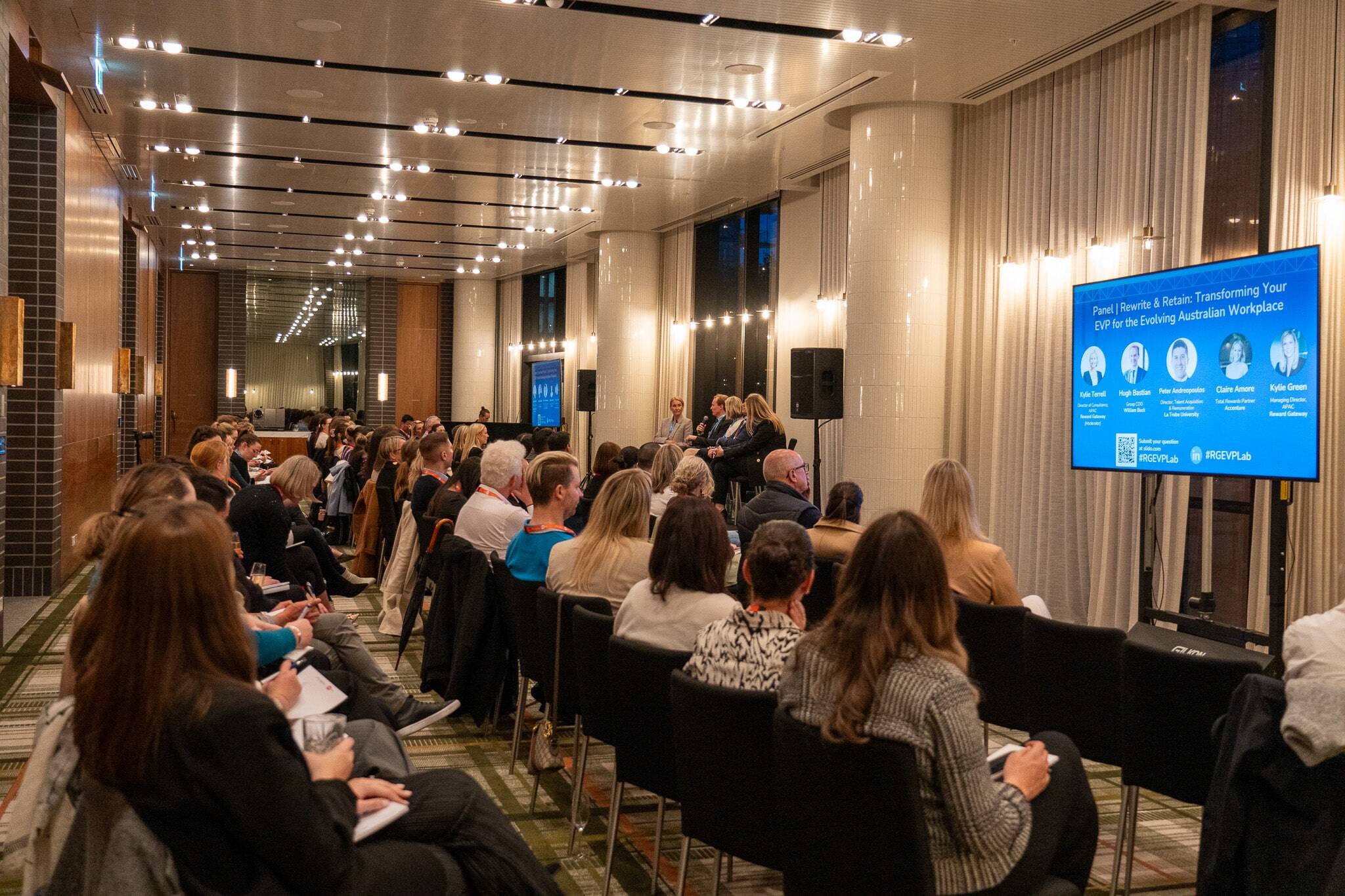As a Rewards professional there are days when I absolutely love my job, which are most days, and days when let’s just say, I find it challenging. Days I wish I had an invisible shield I could put on to hide me from my employees. I know that sounds horrible, and as HR professional I really shouldn’t say it, but hey, I’m just being honest.
I had one of these days a few weeks ago when we decided as part of a global benefits review that we would be breaking up with a much loved employee benefit.
It was a difficult decision, one we thought and debated long and hard on, but at the end felt that if was the right decision for both the employees and the company. If you’ve ever been faced with a tough decision, you must know what I mean. So what happened? Here's a look at our experience. The good, the bad and the ugly.
What we did well:
1. We started with solid principles.
The starting point for our global benefits review was to create benefit principles, and not just any benefit principles, but solid ones which would help define, justify and explain our benefits to ourselves as we made decisions and our employees as we shared them with them. These principles helped us stay true to what we were trying to achieve, guiding us as we made difficult decisions.
This took a lot of time, but I can honestly say it was well worth both the time and the effort! I can also say that without these principles we may not have been brave enough to remove the benefit, doing what many companies often do, which is taking the easy ‘road’ and keeping in place benefits which really should be removed.

2. We shared the entire story.
Instead of hiding away our rationale for our tough strategic decision, we kept our communication open and honest - beyond just the leadership table. We’re firm believers in being transparent with our workforce, so we made the decision to share our thought process and end results with our employees, doing so during our live global business update (GBU) meeting.
This helped us keep our values intact, and grow our culture of being open, honest and transparent. And not just with the easy messages but all messages. For this reason it was was critical (and expected) that we shared the entire story, explaining not just how the benefits had changed but why and how we had made these important decisions.
You may think that your employees don’t care about the entire story, but they do.
Yes, they often want to hear the ending first, but if you don’t tell the entire story you are setting yourself up for mistrust, questions and challenges from your employees.
Doing so helped us keep our focus. Knowing that I had to get up on stage at the GBU and share the story (and the outcome) had a dramatic effect on our decision making process and focus throughout the global benefits review. Each decision went back to, how would Debra explain that on stage, how would it fit back to the overall story and the key messages?
My advice to you is that even if you don’t have to present at your own version of our GBU, picture yourself having to do this. What questions will your employees have? How can you answer those ahead of time? It will help you create the focus you need to ensure you achieve the very best you can and stay true to your principles and strategy.
3. We kept the bad and the good separate.
We had a very lengthy debate about whether we should share both the good and bad news at our GBU or separate out the messages. At the end we decided to separate them out, sharing the bad news about removing the benefit before the GBU, and the good news at the GBU.
Each situation is different, but for us, this was the right decision. We felt we needed to create space between the bad news and the good news, giving our employees the opportunity to move past the bad news so that they would be prepared to accept the good news. Think of a change survey, and the steps that humans need to go through in order to accept change. By separating out the news, we gave our employees time to get through the denial and even anger, to move towards acceptance.
4. We didn’t ignore our employees.
As you can imagine, almost the minute the removal of the benefit was announced on boom!, our company communications portal, we immediately received questions and feedback. The portal served as a direct line of communication to our CEO, and I’m extremely proud of how the company responded. We championed Glenn Elliott, our CEO and founder, to respond to feedback from our changes, and he wound up posting a video on Boom to personally provide further explanation and details on the change. He asked employees to anonymously post their questions and concerns on Boom, which he then responded to publicly by posting his responses, both easy and difficult ones - the result was a 2-minute video plus 16 pages of open and honest feedback on employees’ questions, answering 30-plus questions from those who responded.
What we didn't do so well.
1. We neglected line managers.
One of our biggest lessons was that we should have involved our managers sooner, giving them a ‘heads up’ that we were announcing the removal of the benefit. By not doing this they were caught off guard and couldn’t help explain and support the decision which was made.We did however, quickly learn from this mistake and reacted by going out to our senior management team to let them know about the additional changes that were being announced at the GBU. This was a positive for them as it gave them time to prepare for the announcement, and also helped us, as their questions and feedback helped us be more prepared for how we would make the announcement.
2. Reacted. Perhaps too soon.
We had made the decision to remove the benefit, and were working on how and when we would communicate it before the GBU. However, due to concerns that rumours were ‘out there’ about the change we made the decision to quickly make the announcement. We thought this was the right thing to do, but in hindsight we should have ignored the rumours, and taken our time to do as planned. If we had done this we would have been able to include managers, and also create a shorter space between when the bad news was announced and our GBU. My tip to you here is to ignore the noise and do what you think and know is best for your company and your employees.Every relationship has its ups and downs, but for us, breaking up was the right thing to do. It may have been difficult in the short-term, but as a rewards professional our job is to look at the big picture, understanding and doing what’s right for both employees and the business in the long-term. Yes it can be challenging, and yes it may not make you the most popular person in your company, but if you know it’s right, and can honestly and genuinely explain it and treat your employees in an open and respectful manner, then as a rewards professional, you’ve done your job.
 Debra Corey
Debra Corey




